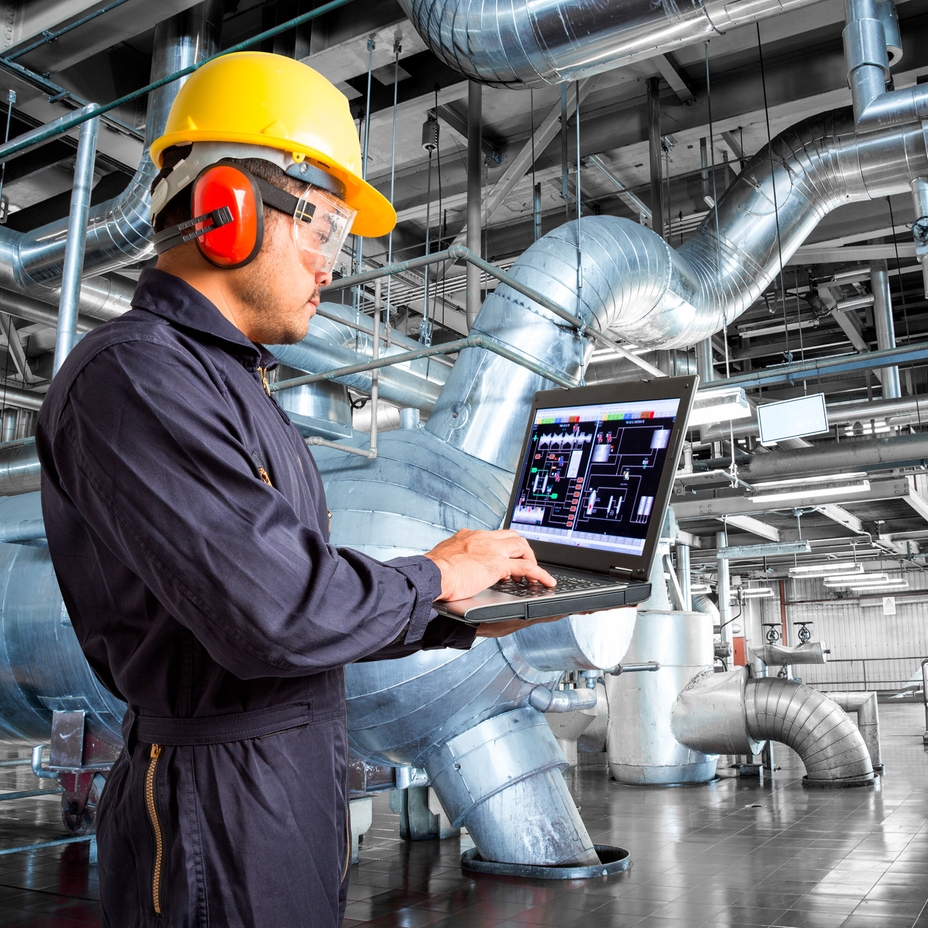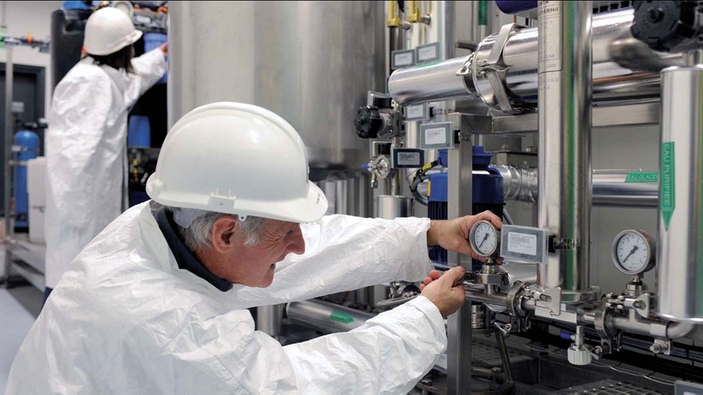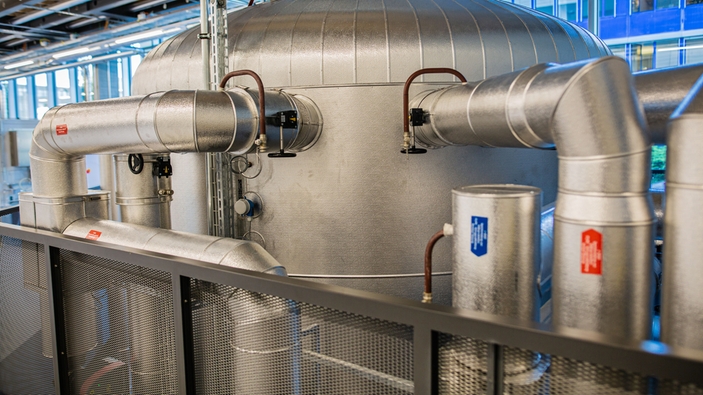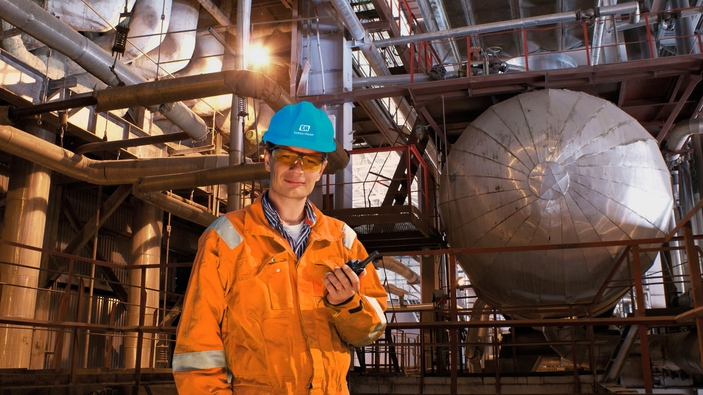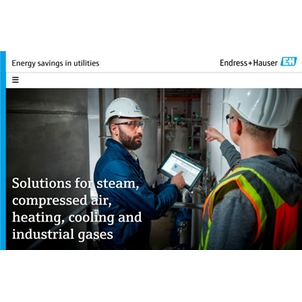The importance of operational sustainability
Utility dependency is a global concern. As a result of world events, resource availability and climbing energy prices, sustainable operational practices are more important than ever. Tier-one consumables, such as electricity, water and gas, along with tier-two products, like steam, compressed air and heat, which are generated using tier-one utilities, power everything within the walls of industrial facilities. Optimizing resource usage is key to sustainability and profitability.
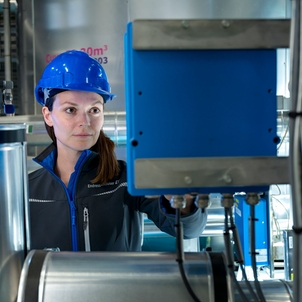
The correct information leads to actionable insights for efficiency enhancements
Data collection must continue, informing efficiency gains and supporting compliance reporting. In addition, the right software tools are needed to ease procedures for moving operational data to shareable reports, which in turn can be used to communicate wins throughout a company and demonstrate regulatory agency compliance.
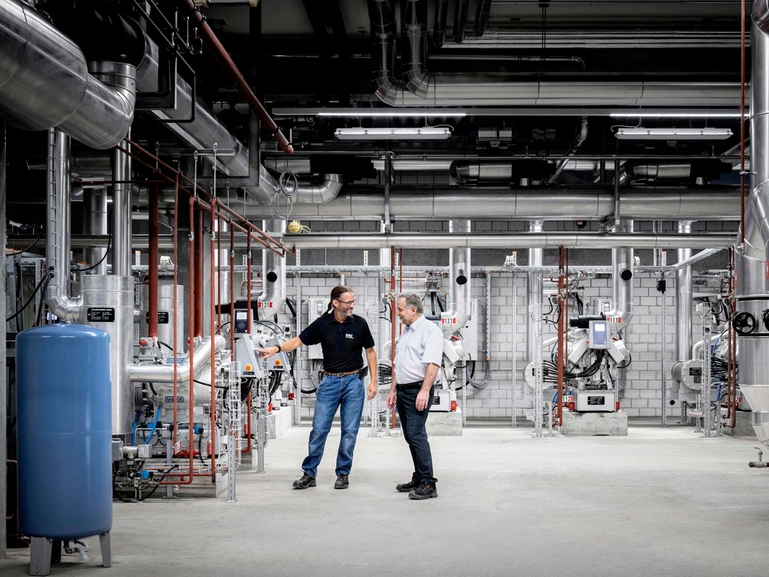
How one customer achieved energy efficiency
In one facility, poor insulation, faulty steam traps and pressure and temperature variations resulted in the condensation of steam in the pipe, causing wet steam to form. This created poor energy transmission efficiency, dangerous plug flow water hammer and condensation-induced water hammers.
To address these issues, the facility made infrastructure improvements, and additionally installed multivariable vortex flowmeters throughout its steam system to identify challenges before they occur.
How to begin efficient optimization of energy: Top questions answered
Plant managers and engineers today understand the need to monitor their core processes by using accurate, data-rich instrumentation. However, if you are just getting started and looking for ways to gain energy efficiencies, you may have some questions surrounding energy saving solutions and which technologies can help achieve this.
More information about energy efficiency
Further reading on energy savings in utilities

